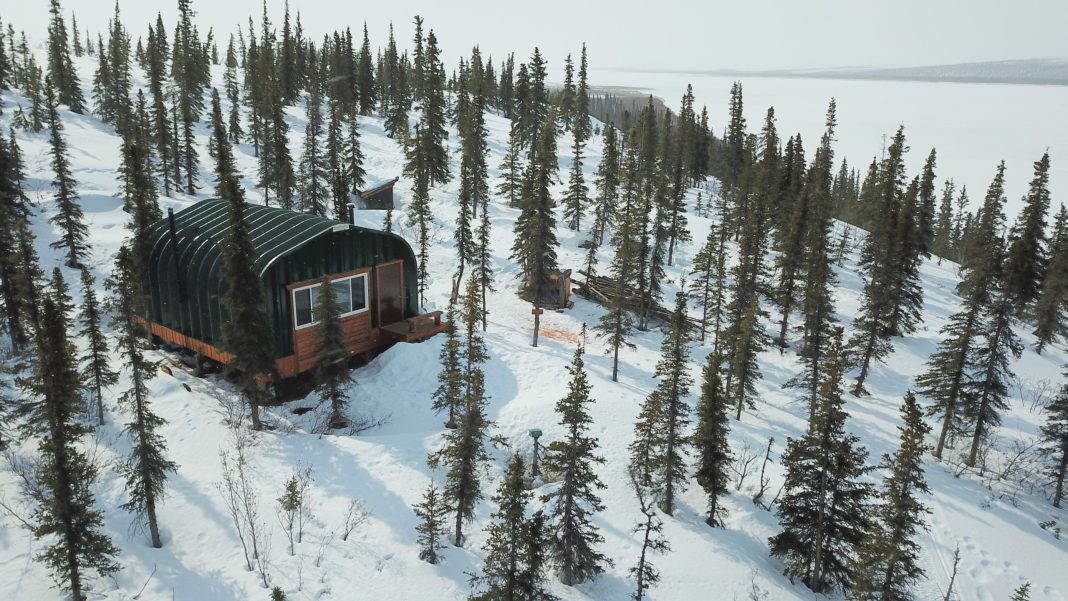Above the Arctic Circle, in Kotzebue, Alaska, college students and community members are growing greens, potatoes, and beans in campus gardens.
Naylor: “I think it’s very important that we can grow our own.”
Minnie Naylor is director of the University of Alaska Fairbanks Chukchi campus.
She says homegrown vegetables can help supplement traditional Native foods.
Naylor: “We have bearded seal, caribou. We have a lot of fish, sea fish, trout, birds, ducks, geese.”
But many of those foods are becoming more difficult to access. The growth of the commercial fishing industry, restrictive hunting regulations, and other pressures have interfered with subsistence hunting and fishing.
And climate change brings new problems. Melting sea ice makes it harder to hunt seal. And warming waters are shifting where fish species can thrive.
Meanwhile, food shipped to the region is pricey.
So as part of the Food Security and Sovereignty Project, students and other volunteers are growing food using hydroponics and other methods. They’re learning what works in their short growing season and sharing knowledge with others.
So Native Alaskans can have more options for affordable food close to home.
Reporting credit: Sarah Kennedy / ChavoBart Digital Media
We help millions of people understand climate change and what to do about it. Help us reach even more people like you.


